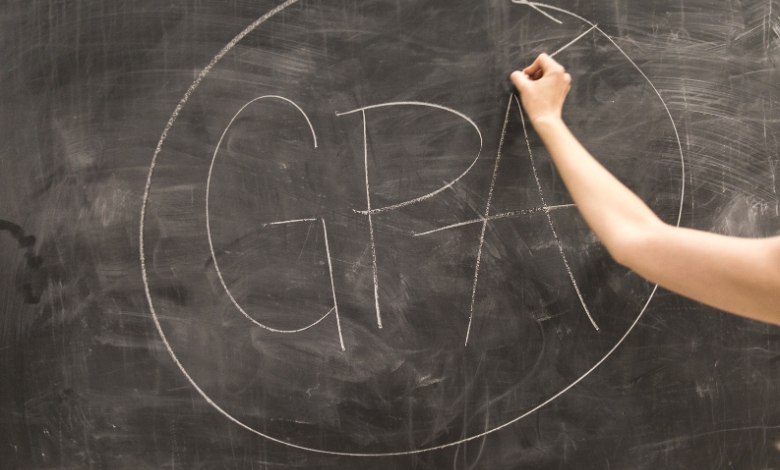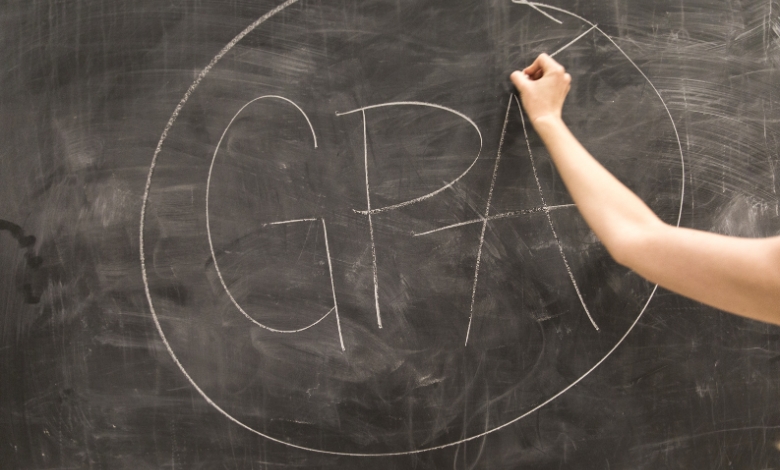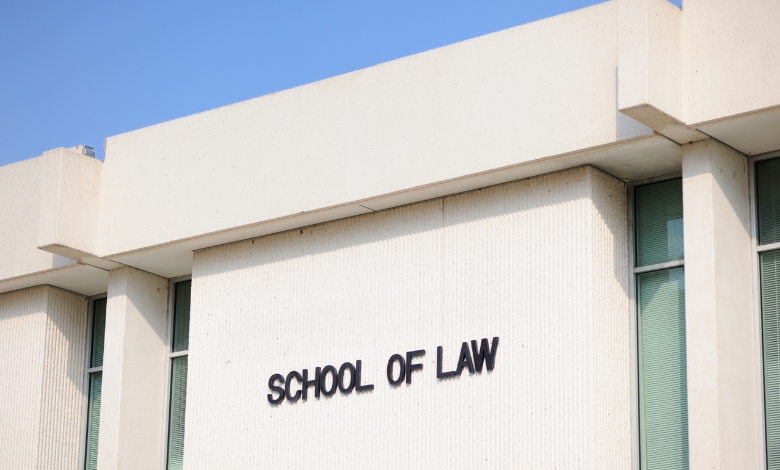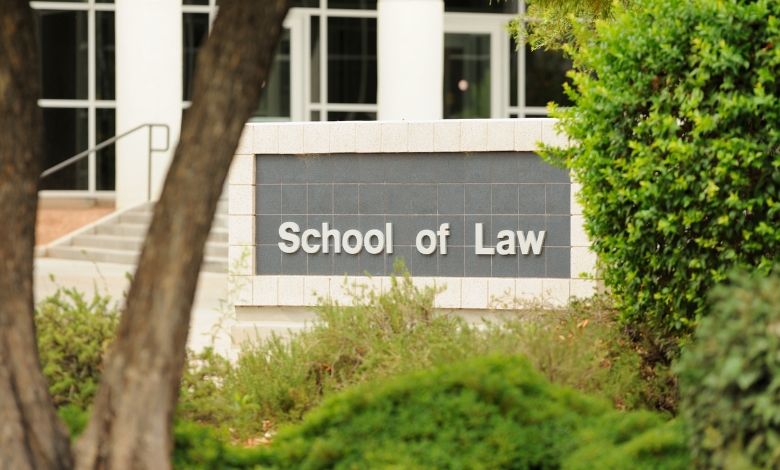Discover what GPA do you need for law school admissions, including the minimum thresholds needed to get accepted.
When I originally made the decision to become a lawyer, I recall the difficult chore of knowing what GPA I required to realize my ambition.
Though I had always been a conscientious student, the strain of law school applications gave my academic life a fresh degree of intensity.
I remember feeling both excited and overwhelmed being in the office of my undergraduate adviser surrounded by stacks of LSAT preparation materials and law school brochures.
Late-night study sessions, many hours of research, and a thorough exploration of the admissions policies of several universities dominated my path into law school.
I contacted former colleagues, visited law school fairs, and painstakingly examined every statistic point I could locate about typical GPAs and LSAT scores of admitted students.
I became accepted into a top-notch law school, and it was throughout this process that I developed close knowledge of what it needed to achieve.
Now, having served on multiple admissions committees and with experience as an attorney, I have had the chance to guide innumerable pre-law students.
I have observed personally how much one’s law school application is shaped by several elements, including GPA.
This book is meant to demystify the GPA requirements for law school candidates, therefore enabling you to confidently and clearly negotiate your academic path.
Knowing the GPA landscape will help you to make wise judgments and create reasonable expectations for your legal career, regardless of your target—the Ivy League or law schools with more flexible admissions criteria.
Article Breakdown
If you’re short on time, here’s a brief summary:
| Tier of Law Schools | School Name | Median GPA | GPA Range |
| Top 10 Law Schools | Harvard Law School | 3.9 | 3.8 – 4.0 |
| Yale Law School | 3.93 | 3.8 – 4.0 | |
| Stanford Law School | 3.88 | 3.8 – 4.0 | |
| Top 11-30 Law Schools | UCLA School of Law | 3.7 | 3.5 – 3.8 |
| Georgetown University Law Center | 3.74 | 3.5 – 3.8 | |
| Vanderbilt Law School | 3.68 | 3.5 – 3.8 | |
| Top 31-50 Law Schools | University of Wisconsin Law School | 3.6 | 3.4 – 3.7 |
| Fordham University School of Law | 3.65 | 3.4 – 3.7 | |
| University of Arizona James E. Rogers College of Law | 3.55 | 3.3 – 3.6 | |
| Regional Law Schools | Seattle University School of Law | 3.2 | 3.0 – 3.5 |
| Stetson University College of Law | 3.15 | 3.0 – 3.5 | |
| University of Tulsa College of Law | 3.1 | 3.0 – 3.5 | |
| Non-Traditional Applicants | Varies | Varies | Varies |
| Part-Time/Evening Programs | American University Washington College of Law | 3.4 | Varies |
| Loyola Marymount University Law School | 3.35 | Varies | |
| Temple University Beasley School of Law | 3.3 | Varies | |
| With Experience or Addendum | Varies | ~2.0 (considerations apply) | ~2.0 (considerations apply) |
Let’s get started.
How to Get Into Law School?

Getting into law school is a complex process requiring meeting different academic and extracurricular standards. Though it is a major consideration, your GPA is not the sole one. Admissions committees also weigh your LSAT score, personal statement, letters of recommendation, and pertinent background. Still, keeping a good GPA would greatly improve your law school application and allow you access to more elite universities.on.
One interesting reality about law school admissions in the United States is the correlation between GPA and LSAT scores at elite universities. For instance, the applications page of Harvard Law School shows that the typical LSAT score of admitted candidates is 173 and the median GPA is an amazing 3.9.
This high criterion emphasizes how competitive it is to get admitted to one of the most esteemed law schools in the country. Knowing these standards will enable you to create reasonable objectives and customize your study schedule to raise your chances of admission.
1) Required GPA for Top 10 Law Schools
Top 10 law schools in the United States are quite competitive and usually have strict GPA criteria. Schools including Harvard, Yale, and Stanford routinely search for GPAs around flawless. Usually, a GPA of 3.8 or above will position you highly among these top programs.
Although these figures could appear intimidating, keep in mind that admissions committees review your application in whole. Even if your GPA is somewhat lower than the median, exceptional LSAT scores, strong personal statements, and outstanding extracurriculars will strengthen your candidacy.
2) GPA Requirements for Top 30 Law Schools
Schools rated 11–30 fall in the second tier, which similarly upholds strict standards but gives somewhat more freedom with GPA requirements. Typically looking for GPAs in the range of 3.5 to 3.8, universities including UCLA, Georgetown, and Vanderbilt.
If your GPA falls on the lower end of the scale, a great LSAT score might be quite important for these schools in enhancing your application.
3) GPA Tips for Top 50 Law Schools
Regarding GPA, law schools ranking between 31 and 50 give even more freedom. These colleges usually have more comprehensive assessments since they realize that academic paths might differ.
If your GPA falls in the lower 3.5 level, proving a significant upward trend in your grades, getting an excellent LSAT score, and highlighting unusual experiences would greatly strengthen your application.
4) GPA Advice for Regional Law Schools
Although they might not be nationally rated, regional law schools—which have great standing in particular fields—offer lots of chances for candidates with more varied GPAs. Usually with median GPAs ranging from 3.0 to 3.5, these institutions are:
Local contacts, community involvement, and particular interests in regional legal matters might be rather important for these initiatives. Emphasizing these features will assist balance a GPA maybe below average.
5) GPA Tips for Non-Traditional Applicants
Non-traditional applicants—those who have been out of the classroom for some years or those changing their path—often have particular difficulties. Law schools understand these difficulties and could give other credentials and professional experience more weight.
Admissions committees value several points of view and experiences, hence a well-rounded application helps to offset a smaller GPA.
6) GPA Tips for Part-Time/Evening Law Programs
Working professionals who want to get a legal degree while still employed are catered for by part-time and evening law schools. Usually with more liberal entry criteria including GPA requirements, these programs have:
Emphasizing your capacity to juggle school and employment as well as your will to pursue a legal career despite a hectic schedule can help to boost your application.
7) Balancing a Low GPA with a Strong LSAT
A good LSAT will greatly lessen the effect of a lesser GPA. The LSAT tests critical thinking, analytical reasoning, and reading comprehension—qualities needed for success in law school.
Many times, a great LSAT score serves as proof of your intellectual aptitude and legal school success potential.
8) Considerations for Applying with a ~2.0 GPA
Though it is difficult, applying to law school with a GPA around 2.0 is not impossible. These actions will help your application stand out:
Summing Up
Especially with regard to GPA requirements, negotiating the road to law school calls for a calculated strategy. Whether your goal is a top 10 law school or investigating regional programs, understanding the value of your GPA and how to maximize other facets of your application will greatly increase your chances of acceptance. Recall that law schools consider the full picture; hence, a well-balanced application that shows your skills, covers your shortcomings, and shows your enthusiasm for law will make you an interesting candidate.



